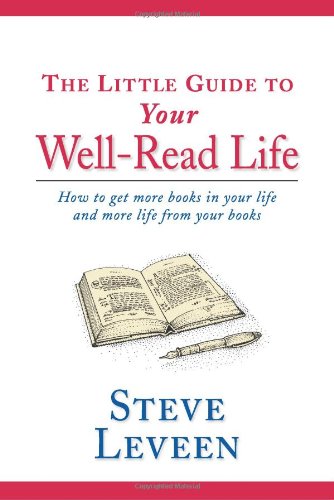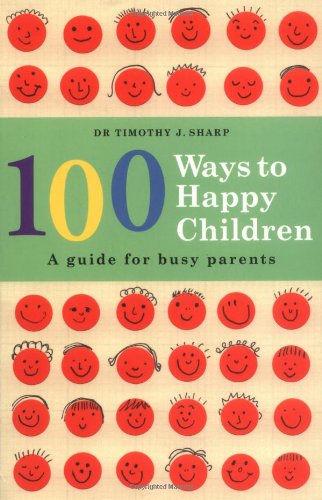“The Unexpected Benefits of Being Wrong” is the subtitle of this book and a pretty good summary of it too. We tend to feel bad about making mistakes, but Better by Mistake helps remind us that mistakes are one of the most important learning tools we have.

 Two of this book’s ideas resonated with me. The first is that effort is more important than results. I think this is particularly true for people as they are growing up — you learn more from trying and failing than you do from effortlessly succeeding. I have found that children (mine and others’) respond more positively when praised for effort rather than achievement — they keep on trying, rather than just basking in the warm pleasant glow of approval.
Two of this book’s ideas resonated with me. The first is that effort is more important than results. I think this is particularly true for people as they are growing up — you learn more from trying and failing than you do from effortlessly succeeding. I have found that children (mine and others’) respond more positively when praised for effort rather than achievement — they keep on trying, rather than just basking in the warm pleasant glow of approval.
The second idea, and one I wish more people understood, is the importance and power of apologising. This reminded me of Tim Harford’s TED talk, Trial, error and the God complex, in which he points out how important and yet difficult it is for us to admit our own fallibility. Our first reaction to being blamed is often to become defensive. This is usually counterproductive. From hurting somebody with a careless remark to needlessly invading a foreign country, so many mistakes can be at least partially remedied with a well-timed apology.
Continue reading →
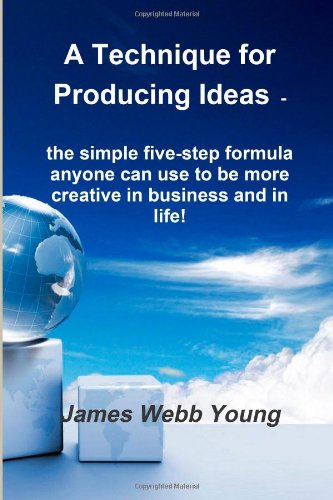
This classic book lays out, as you might expect, a technique for producing ideas. It’s very short and simple. In a nutshell, you must maintain a good supply of general knowledge, steep yourself in specialist knowledge about your problem, and then forget about it and go and do something else. The ideas will come as if by magic.
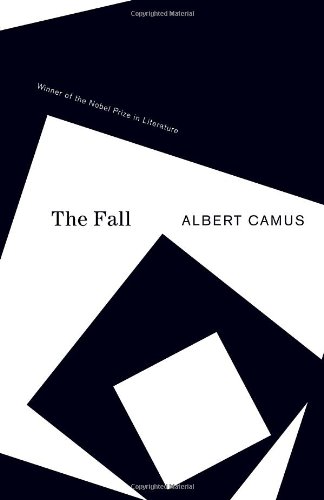

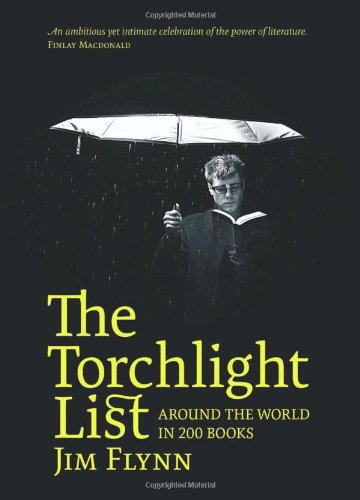
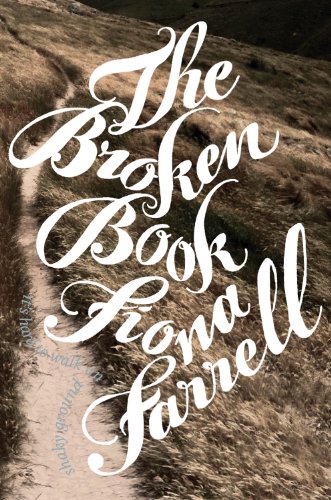

 I don’t know how many books have been written about neurotic 12-year-olds, but I doubt many of them are as good as The 10pm Question. The central character, Frankie, is a portrait of a boy struggling with (he feels) the weight of the world on his shoulders. He’s so serious, yet still a kid and a very human character. Pretty much all the other characters are weird or colourful in their own way, but never too cartoonish (with the possible exception of the Aunties — but they are so likeable I don’t really mind).
I don’t know how many books have been written about neurotic 12-year-olds, but I doubt many of them are as good as The 10pm Question. The central character, Frankie, is a portrait of a boy struggling with (he feels) the weight of the world on his shoulders. He’s so serious, yet still a kid and a very human character. Pretty much all the other characters are weird or colourful in their own way, but never too cartoonish (with the possible exception of the Aunties — but they are so likeable I don’t really mind).